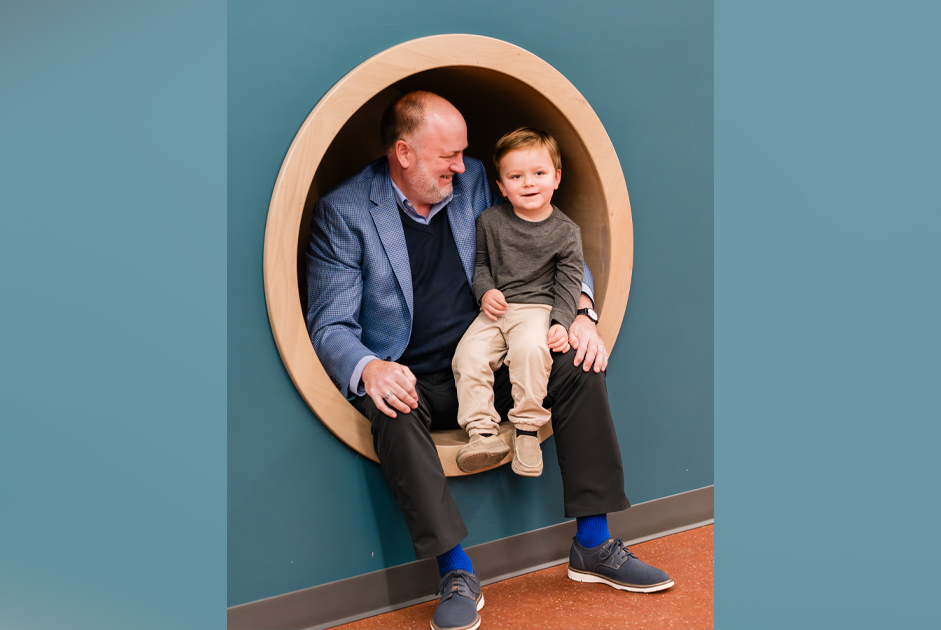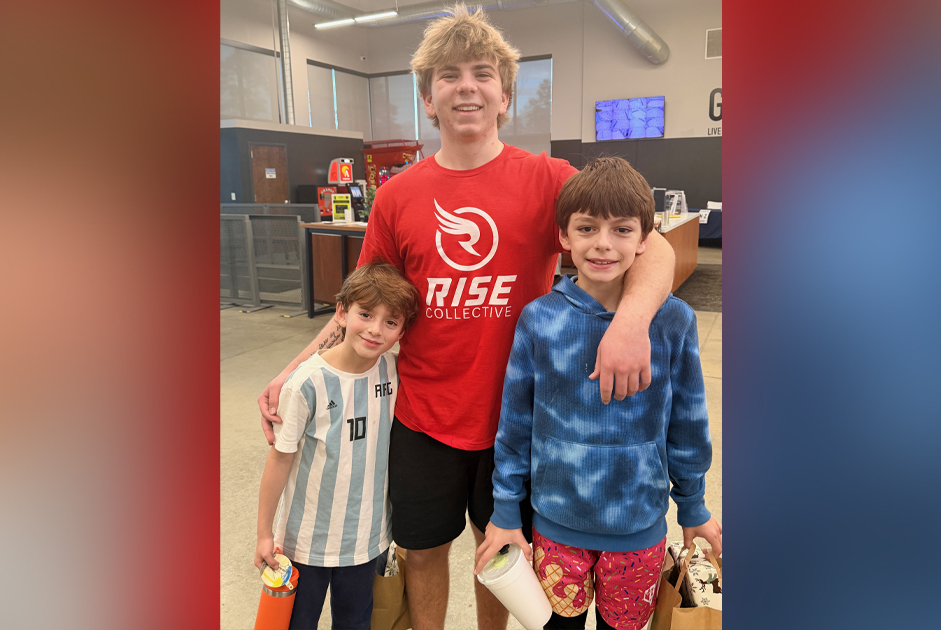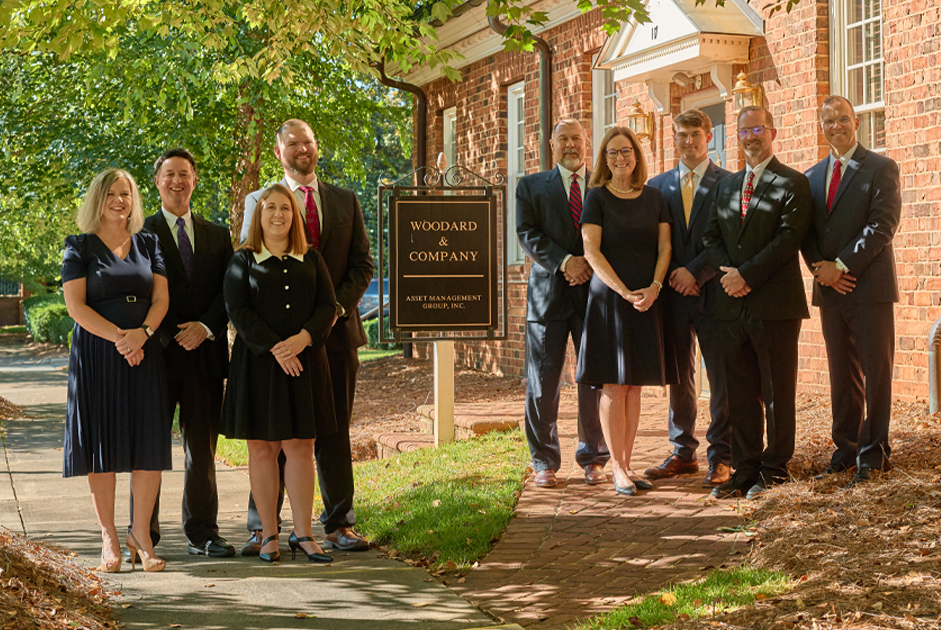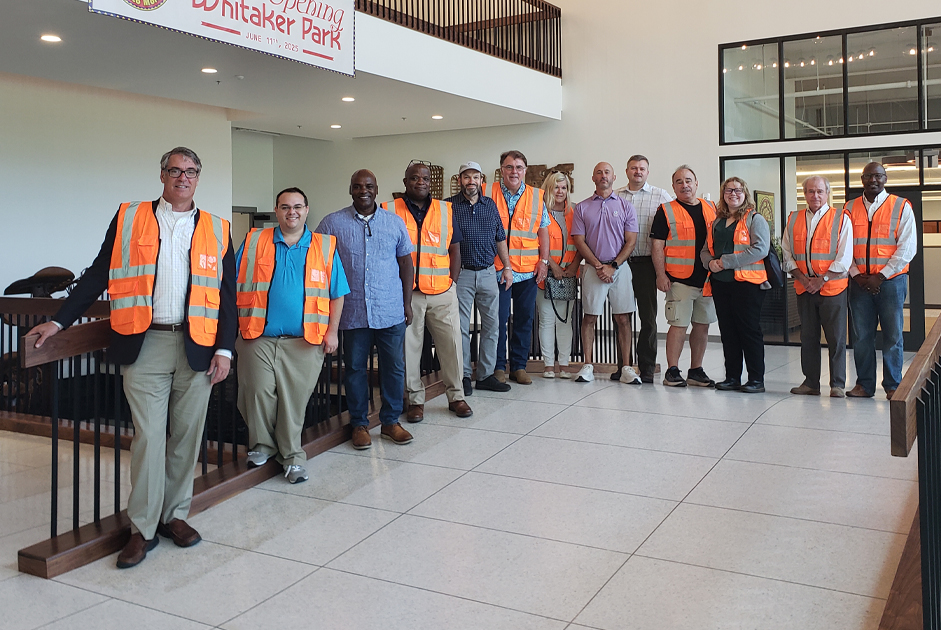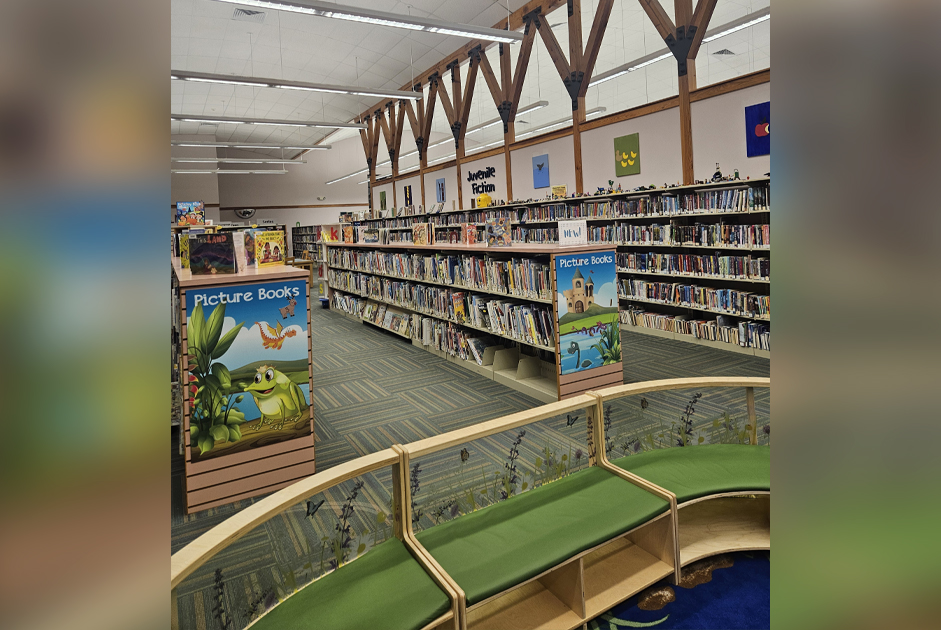BY PRISCILLA ST. JOHN
At Forsyth Country Day School, teachers teach and students learn…but that’s only part of the story. Read on for some interesting facts about teaching and learning and why it’s so important to the student experience!
FCDS has a Teaching and Learning team.
Associate Head of School for Teaching and Learning Dr. Michelle Klosterman and Assistant Director of Teaching and Learning Dr. Yolanda McClure work closely with administrators, department heads, and teachers to serve the needs of students every day. How? Drs. Klosterman and McClure evaluate what both students and teachers need and work to meet those needs—from evaluating the curriculum and the schedule to assessing what academic technology is needed and what professional development will help our teachers most.
It’s student-centered.
Think of teaching and learning as a series of concentric circles with a student in the middle, Dr. Klosterman suggested. “We have a student in the center, then you have the teachers supporting them, then around the teacher is the division director to make sure there’s cohesiveness from teacher to teacher,” she said. Meanwhile, the teaching and learning team is connecting the dots to ensure that facilities, technology, athletics, and other departments are doing what needs to be done to support everyone. “My job is to be aware of what’s happening with the student experience; what’s directly happening in the classroom. I’m watching and I’m interacting with them and listening to what they’re doing. I’m listening to parents to understand the student experience, so that I can figure out how to relay that to other departments on campus and decide how to make sure those other departments are focused on the student experience.”
We believe in better teaching through science (neuroscience, that is).
Our teaching and learning experts help teachers find the most effective research-based ways to reach different learners. Boys, for example, learn differently than girls, Dr. McClure said. “There’s a lot of brain research on the differences between boys and girls as students. Boys need to have relationships with their teachers in order to learn, so building that relationship is vital to their achievement.”
Another example involves increased repetition for striving students—kids who Dr. McClure describes as still striving towards excellence. “We are consistently reminding teachers that striving students need more repetition, more practice. If you’re teaching vocabulary, a typical student has to hear a new word 20-30 times before they know it,” Dr. McClure said. “Striving students need to hear it 70-80 times. It’s not that they’re incapable. They simply need more repetition.”
Classrooms are teachers, too.
“The learning environment is definitely another teacher,” Dr. Klosterman said. “There’s a lot of neuroscience research on the impact of the instructional environment on learning, including what is and isn’t on the wall. There can be too much there. Clutter can be distracting, not instructional. If the materials in the classroom don’t rotate and aren’t specific to what you’re learning at that time, they’re considered a distraction.”
We have a dedicated teacher whisperer.
Dr. McClure works one-on-one with FCDS teachers to help them better serve our students. “I support teachers from preschool through twelfth grade,” she said. “If they’re interested in, or curious about, a particular instructional practice, I help them research the practice. We co-plan lessons, and then I help them with feedback as they teach the lessons.” Recent things she worked on include adding more writing to an Upper School science class and finding an effective strategy for group work in Middle School. Having teachers at FCDS who truly embrace life-long learning and strive for excellence in all they do makes her job a lot easier.
They’re here to cheer teachers and students on.
“I like to think of the teaching and learning team as the cheerleaders of the school,” Dr. McClure said. “I do classroom walk-throughs weekly. In the classrooms, we like to cheer them on. When I go in, I’m observing and I leave notes like, ‘You rocked your lesson—very succinct!’ or ‘You’re doing an awesome job.’ In both offering constructive feedback, and in regular support of our awesome teachers, we’re truly here just to support the experience of the students by supporting the teachers.”
Want to learn more about what we’re doing at FCDS and see teaching and learning in action? Schedule your tour today! Visit FCDS.org/admission or call 336-946-1633.



